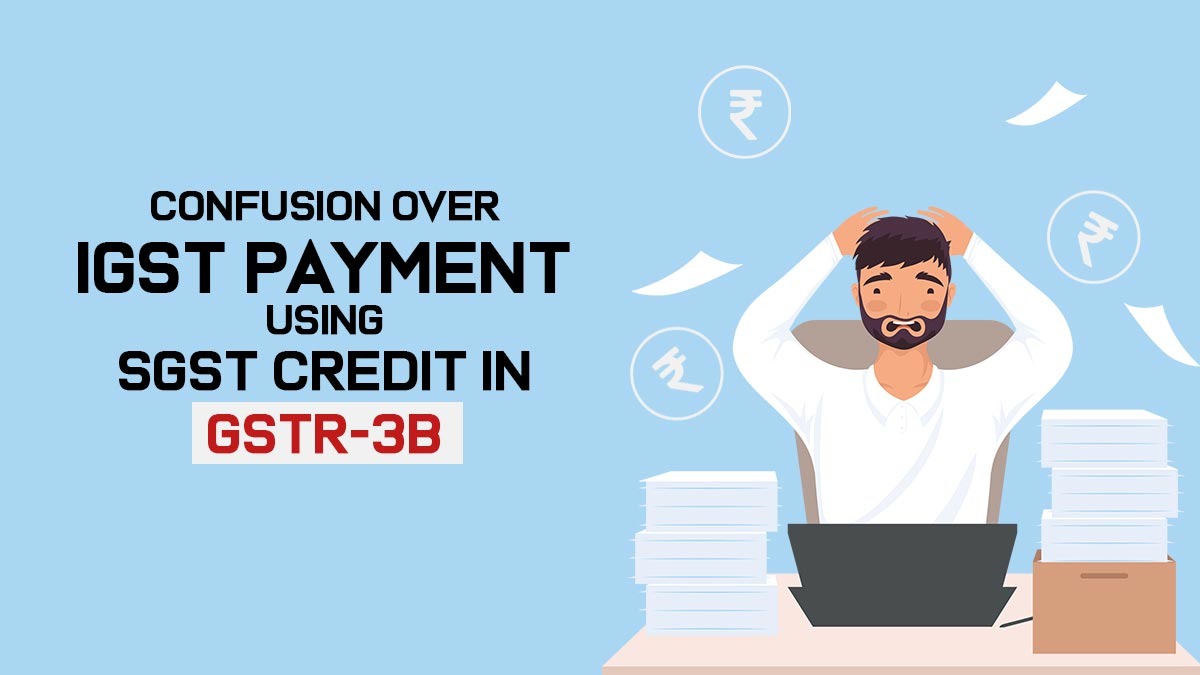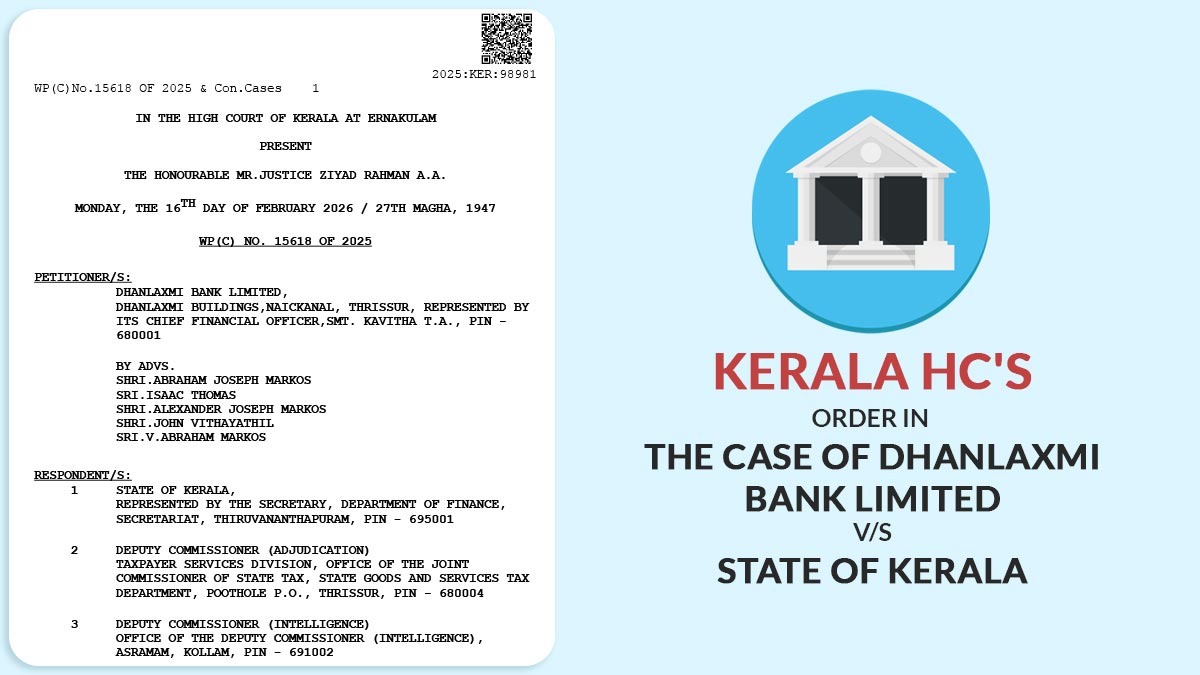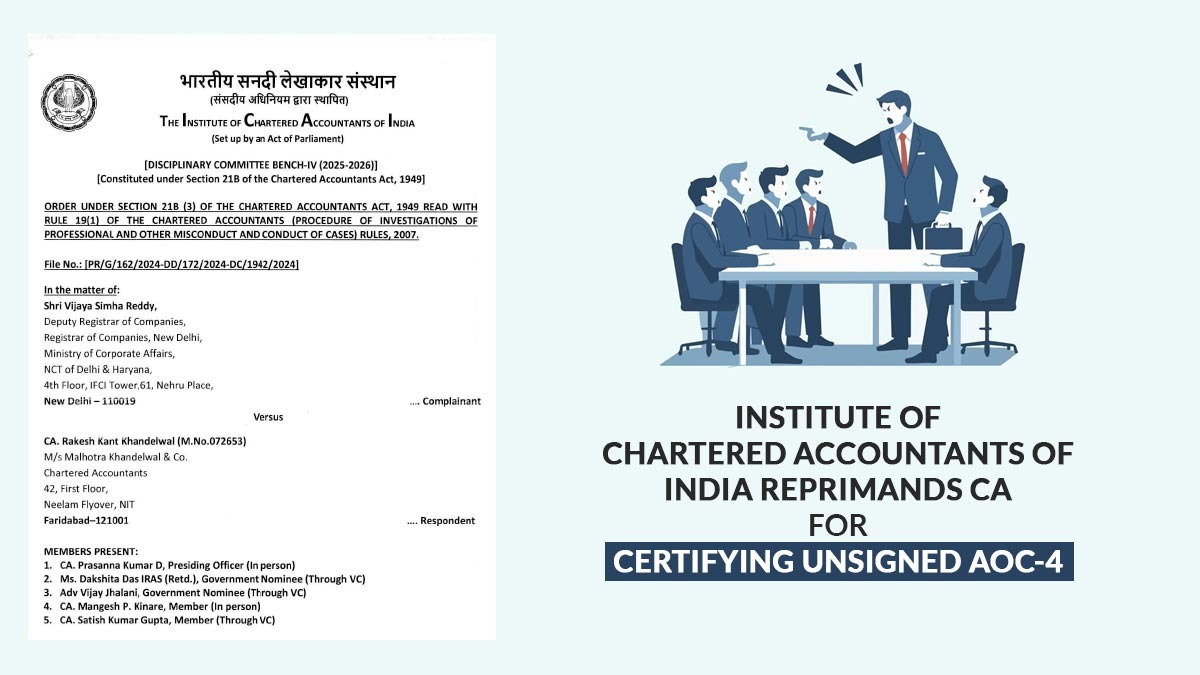
There should be a Tax deduction at source (TDS) on the interest exceeding a specific level earned on the fixed deposits. W.e.f 1 June 2015 recurring deposits have also been brought under the net of TDS.
However, no TDS is there on interest made from a savings account of an individual or a Hindu Undivided Family (HUF). However the same interest does not draw Tax deduction at source (TDS), the same is levied to tax in the hands of the account holder if it surpasses a specific limit.
Taxation on Interest Earned from Savings Bank Accounts
From the assessment year 2013-14 Section 80TTA in the Income-tax Act, 1961 has been implemented. Under the same section, no tax is to be charged on the interest of up to 10,000 earned from all savings bank accounts.
The account could be with either a bank, a co-operative society involved in doing the business of banking (including a co-operative land mortgage bank or a co-operative land development bank), or a post office. If the interest made exceeds 10,000 in a fiscal year, the tax will be levied on the difference.
Hence you are not required to pay any tax if your interest income from the savings accounts is 9000. If it is 18000 then you are required to pay the income tax on 8000 as per the tax slab. Just know that the interest made on fixed deposits or term deposits with a bank or post office deduction under section 80TTA is not available.
Understanding Tax Liability
It is the account holder’s responsibility to calculate her interest income and file the tax. Under the head “income from other sources” the interest income from a savings bank account is been acknowledged.
You can either reveal or declare the interest made from the distinct savings accounts to your employer and seek it to deduct the TDS on your income or you can file taxes on your own. If the amount is substantial, you ought to pay advance tax on the same. Before the advance tax due dates, you need to assess your tax responsibility on the interest accrued and make the necessary payment.
Advance tax instalment dates and percentage of taxable income are 15 September (30%), 15 December (30%) and 15 March (for the remaining amount). You are not required to attach an interest certificate while filing ITRs. Nonetheless, you need to keep the original certificate to present it to the assessing officer if there is a tax investigation.
ITR Instructions
Typically, individuals filing taxes do not assess or report their interest income from savings accounts and the associated taxes when submitting their income tax returns.
But it is effective to perform so; a person takes advantage of the present deduction limit set for this income and furnishes the return. It is not only wrong to overlook savings account interest when filing your tax return, but it could also lead to penalties. You are obligated to file an amended return.









